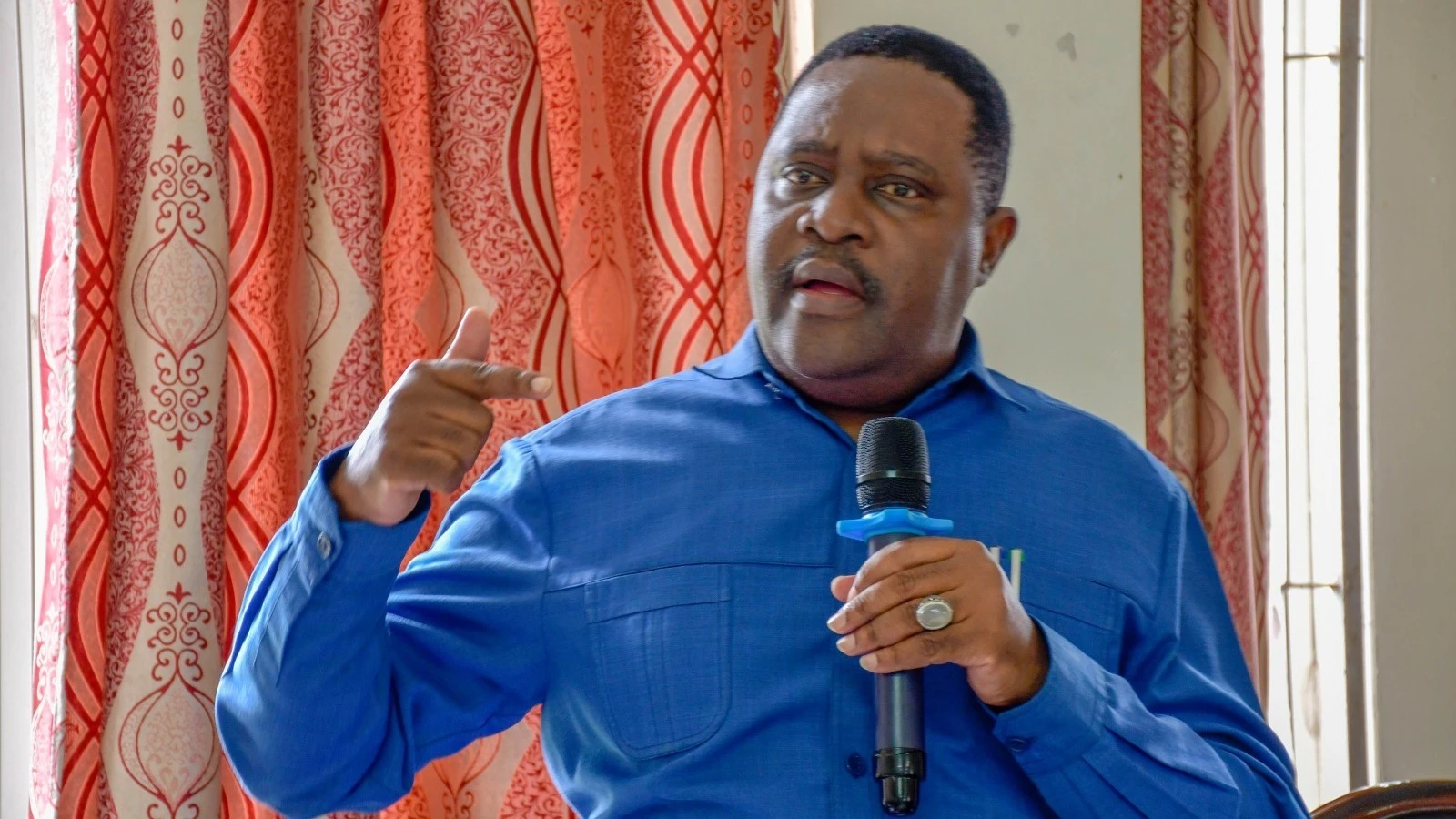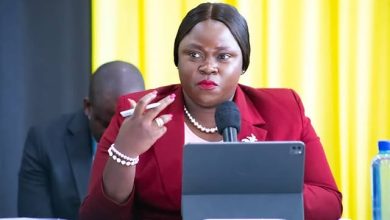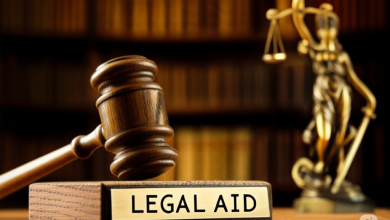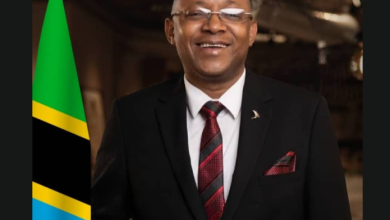Africa urged to promote clean cooking

ANTANANARIVO: MADAGASCAR: AFRICAN countries have been called on to seek ways and strategies to improve economies and the livelihoods of their citizens by encouraging the use of clean cooking energy, as part of efforts to address the effects of climate change caused by environmental degradation.
Minister for Finance, Dr Mwigulu Nchemba made the call on Thursday while addressing the Africa50’s annual General Shareholders Meeting held in Antananarivo, Madagascar.
The finance minister was representing President Samia Suluhu Hassan who was invited as a keynote speaker in defining actionable and scalable solutions towards clean cooking and infrastructure development and financing in Africa.
He said President Samia joins hands with the global and regional leaders in looking at clean cooking as a specific agenda that has taken significant importance in policies, plans and strategies of various governments worldwide.
“The importance of this agenda is driven by the increasing environmental degradation, climate change, gender equality and health impacts associated with the use of traditional cooking methods,” he said.
Dr Nchemba said to achieve the clean cooking access for all African people, governments must ensure reliable access to clean cooking solutions.
He said the challenge of access leads to unreliability and increased costs associated with such cooking solutions.
“Awareness campaigns are needed through educational campaigns to raise awareness about the health benefits of clean cooking and the long-term cost savings for households…the campaigns should involve local influencers, women’s groups and community leaders,” he said.
The Minister also said that governments can introduce different incentives for manufacturers and consumers to reduce the cost of clean cookstoves.
He further said that the clean cooking sub-sector faces a challenge of insufficient investment along the value chain, which hampers the availability of clean cooking solutions.
“Even though clean cooking is an international agenda, but it is a business, for its sustainability it needs to be treated as such.
Investors are driven by profit; hence as Africans we must create an enabling environment that ensures the sustainability of their investments,” Dr Nchemba said.
Dr Nchemba added that the success of the clean cooking initiative will be very much depending on effective strategies that involve improving the availability of raw materials and expansion of infrastructure for producing, receiving, storing and distributing clean cooking solutions.
He said the initial costs and usage expenses of clean cooking fuel, appliances and efficient cooking stoves pose a challenge that prevents Africans from affording clean cooking solutions.
Dr Nchemba said traditional and unsafe cooking solutions are believed to be cheaper because they can be purchased in small quantities.
He gave an example, of charcoal which can be bought in 1 kilogramme for a dollar while an individual need to buy the whole cylinder if he wants to use Liquified Petroleum Gas (LPG).
“In order to achieve the goal, it is crucial to make clean cooking affordable in all areas, especially for low-income households,” he noted.
He said the cost of solving the challenge is relatively small, with the International Energy Agency (IEA) estimating that just 4 billion US dollars of capital investments would be required annually to achieve clean cooking access for all African people by 2030.
“We need to secure funds specific for clean cooking from governments, development agencies, development banks, climate funds, the private sector, philanthropies and non-governmental organisations,” he said.
The Minister urged the governments to encourage the use of Microfinance for Clean Cooking by providing low-interest loans to households for purchasing clean cookstoves, allowing for a more manageable transition to clean cooking solutions.
ALSO READ: OGTL calls for heightened collaboration in clean energy promotion
Speaking at the meeting, Madagascar President, Andry Rajoelina, said his country with its abundant natural and renewable resources, has become a model for energy transition and added that the country needs the support of international partners such as Africa50.
“To realise our vision, we need the support of international partners and this is where the role of Africa50 members is crucial.
We need to work together to secure funding for ambitious projects and enable Madagascar to make the transition to green, sustainable energy.
This is a challenge for the whole of Africa,” the president said’
The Africa 50 Shareholders’ Meeting brought together key stakeholders from around the world, including public and private sector investors, lenders and infrastructure experts.
Discussions focused on addressing Africa’s infrastructure challenges, mitigating the effects of climate change and promoting clean cooking energy as a key driver of economic development.





